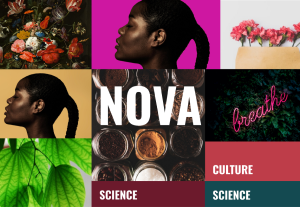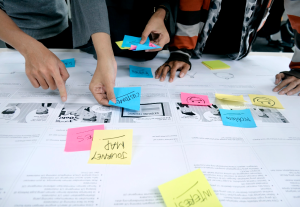- Accessibility, Customer Experience, Design, Design Theory, Design Tools and Software, Employee Experience, Remote Research, Research Methods and Techniques, Research Tools and Software, Usability, UX Education, UX Magazine
Tips on how to champion HCD and design research to stakeholders and get them on board with all of your UX processes.
Article by Sara Fortier
How to Champion HCD and Design Research to Stakeholders
- The article covers:
- The importance of stakeholder management
- Challenges to overcome with research resisters
- Common objections to doing user research and how to respond
Share:How to Champion HCD and Design Research to Stakeholders
Share this link
- August 30, 2022
8 min read







